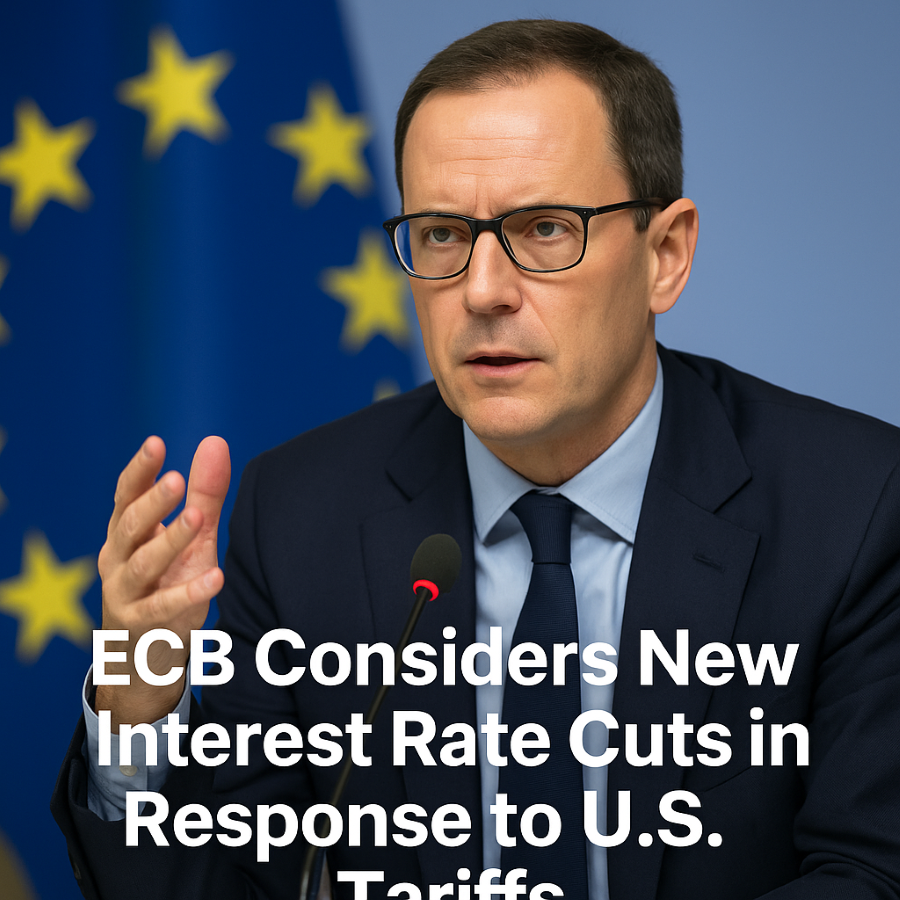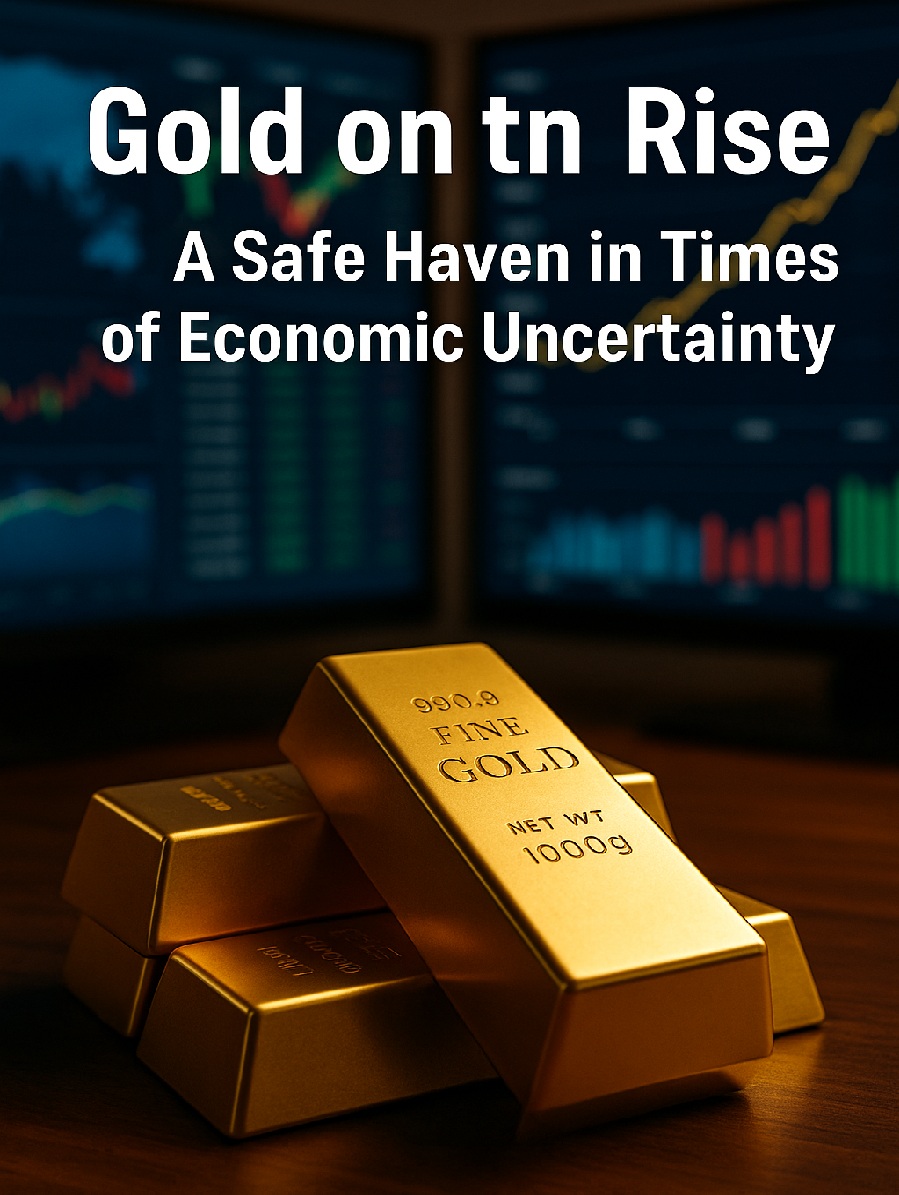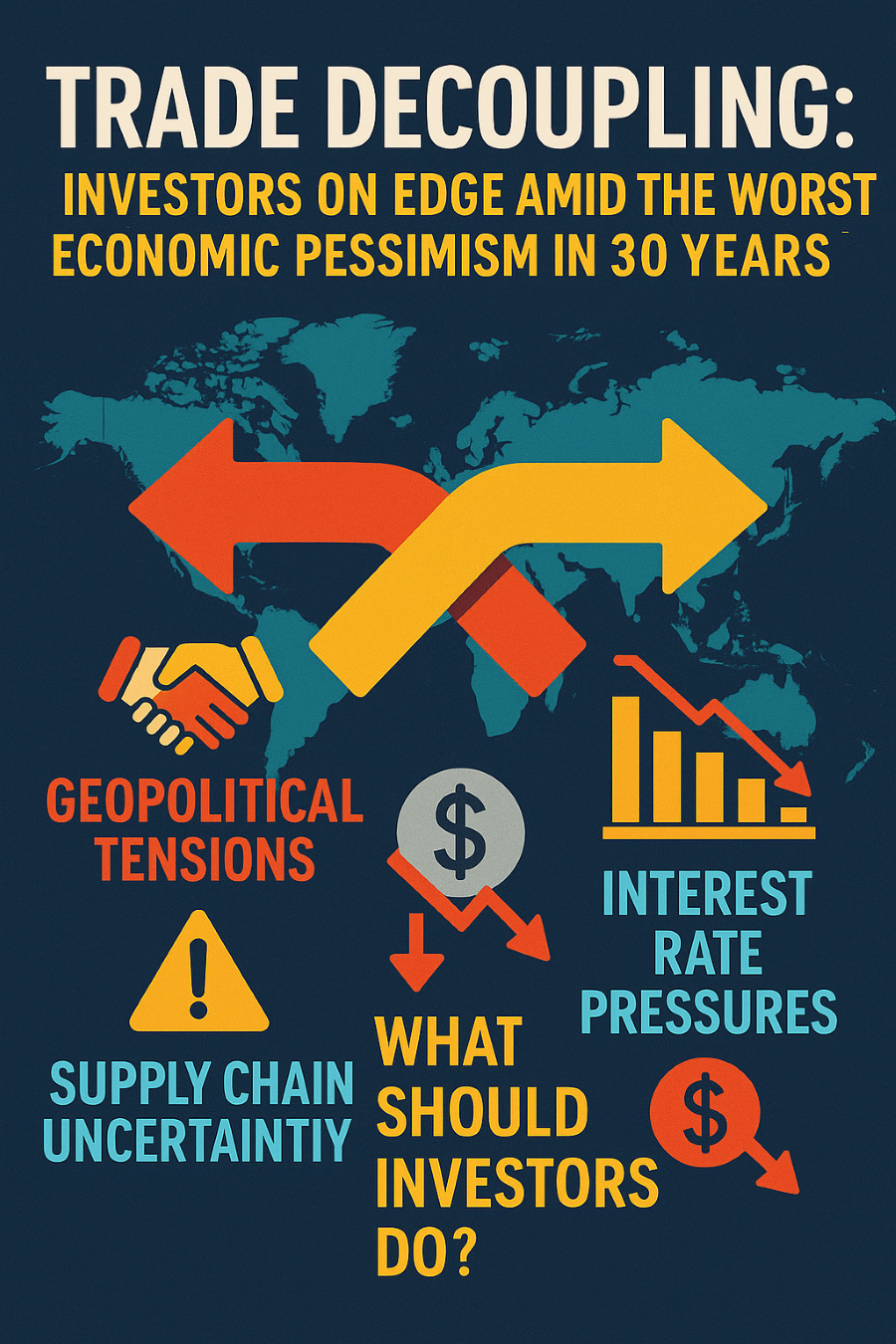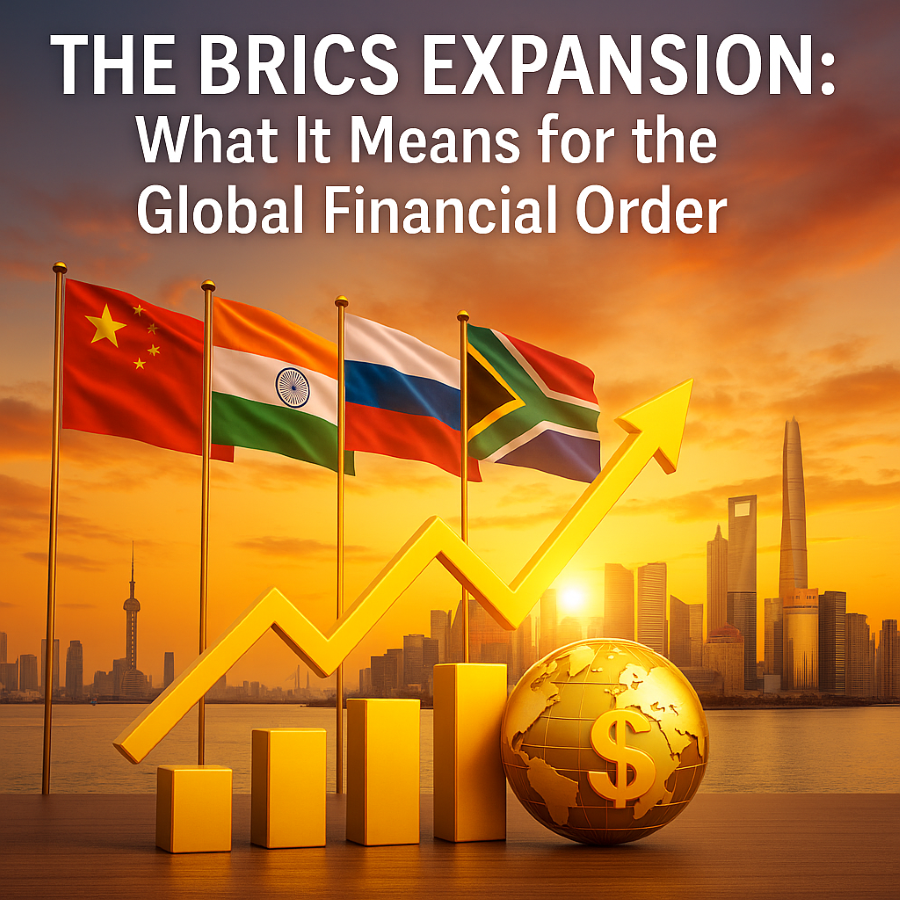As emerging economies rise, the global balance of power is shifting—and one major player leading this transformation is the BRICS alliance. With the recent expansion of BRICS, investors, policymakers, and everyday consumers are asking: What does this mean for the global financial order? In this article, we’ll break it all down in a friendly, clear, and practical way.
What Is BRICS—and Why Is It Expanding?
Originally formed by Brazil, Russia, India, China, and South Africa, BRICS represents a coalition of fast-growing economies. Now, with the inclusion of new members like Saudi Arabia, Iran, Egypt, Ethiopia, Argentina, and the UAE, BRICS is becoming more powerful and diverse than ever before.
Why the Expansion Now?
- A desire to reduce dependency on Western financial systems
- Increased influence in global trade and politics
- A push for a multipolar world economy
This expansion isn’t just symbolic—it’s reshaping the rules of the global economy.
How BRICS Is Challenging the Dollar
One of the most talked-about goals of the BRICS expansion is de-dollarization. Some member nations want to trade in local currencies, reducing reliance on the U.S. dollar.
Potential Impacts:
- Central banks may diversify foreign reserves
- Increased use of alternative payment systems
- Rising interest in gold, crypto, or new common BRICS currency
What This Means for Global Investors
The BRICS expansion can offer new investment opportunities, but also raises questions about stability and transparency.
Investment Trends to Watch:
- Infrastructure and energy projects in member countries
- Commodity markets, especially oil and gold
- Emerging market ETFs that now include new BRICS nations
Pro Tip: Look for funds that focus on infrastructure, commodities, or cross-border fintech—sectors likely to benefit from BRICS growth.
Risks to Consider
While the BRICS bloc brings promise, it’s not without risks:
- Geopolitical tensions (e.g., U.S.-China rivalry)
- Currency volatility in emerging markets
- Differences in governance styles among members
Being informed helps you navigate these uncertainties with confidence.
What It Means for the Future of Finance
We’re witnessing a historic shift in the financial world. The BRICS expansion could lead to:
- A weaker dominance of the U.S. dollar
- The rise of alternative trade routes and alliances
- Greater emphasis on regional development banks
These changes may reshape how and where money flows globally.
Take Action Now
In times of economic transformation, being proactive is key.
- ✅ Stay updated on BRICS policies and financial decisions
- ✅ Reassess your investment strategies for emerging markets
- ✅ Explore tools to hedge currency risk and diversify
Final Thoughts
The BRICS expansion isn’t just a political move—it’s a signal of deeper economic realignment. By understanding the trends and adapting early, you can stay ahead in a world where financial power is becoming more decentralized and dynamic.




